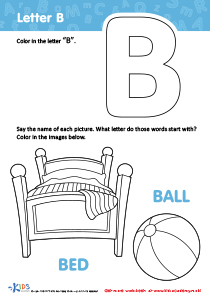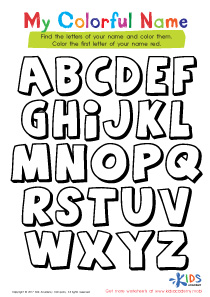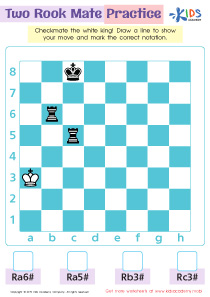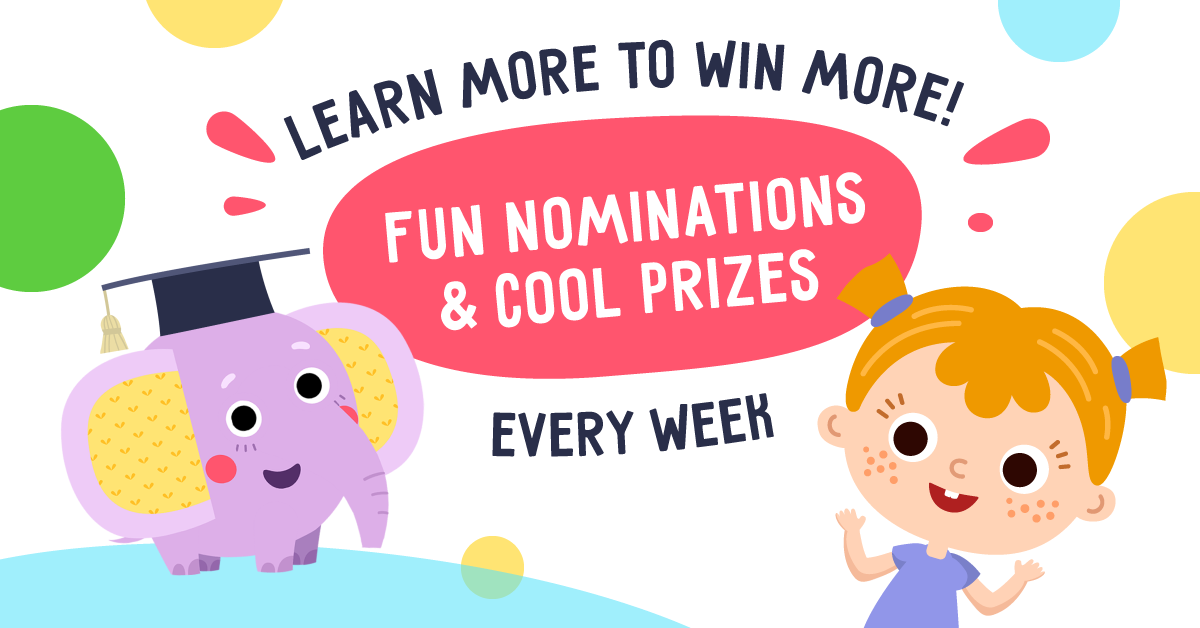Answering Questions About Informational Texts Read Aloud (Content) Quizzes for 4-Year-Olds
3 results
3 filtered results
Clear all filters3 filtered results
-
From - To
Introducing our captivating interactive assessment quizzes, specifically designed for 4-year-olds on "Answering Questions About Informational Texts Read Aloud (Content)." These quizzes are tailored to engage young minds, encouraging them to listen closely and comprehend informational content read to them. As they embark on this educational journey, children will encounter questions that test their understanding, designed to nurture their cognitive development and retention skills. With immediate feedback provided, learners can grasp concepts more effectively, making learning both enjoyable and insightful. Ideal for parents and educators aiming to enhance the critical thinking and listening skills of their 4-year-olds through interactive, educational play.
In the educational journey of young minds, particularly those of 4-year-olds, the inclusion of interactive quizzes on "Answering Questions About Informational Texts Read Aloud (Content)" serves as a pivotal tool in nurturing their comprehension and critical thinking skills. This innovative approach not only aligns with their developmental needs but also fosters a love for learning through engaging, age-appropriate content.
Understanding informational texts, even at a young age, is crucial for children as it lays the foundation for their academic and real-world understanding. By focusing specifically on content designed for 4-year-olds, these quizzes ensure that the material is accessible, relatable, and most importantly, fun for the children. Engaging in "Answering Questions About Informational Texts Read Aloud (Content) for 4-Year-Olds" helps them to grasp basic concepts of listening comprehension, vocabulary, and the ability to recall and respond to specific details within a text.
One of the key benefits of these quizzes is that they are interactive. This interactivity plays a significant role in maintaining the children's attention and interest. Unlike traditional methods of teaching and assessment, where young children might quickly lose interest or struggle to stay focused, interactive quizzes offer a dynamic learning experience. This ensures that children are not only learning but are actively enjoying the process, which significantly enhances their retention of the information presented.
Moreover, the focus on content that is read aloud caters to the diverse learning styles of 4-year-olds. At this age, many children are pre-readers or early readers. By having the informational texts read aloud as part of the quizzes, all children, regardless of their reading ability, can participate fully. This inclusive approach ensures that children can listen to the rhythm, tone, and flow of language, which is essential for developing their listening skills and eventually, their reading skills.
The quizzes on "Answering Questions About Informational Texts Read Aloud (Content)" are thoughtfully designed to prompt young learners to think critically about the information they hear. Through carefully crafted questions, children are encouraged to recall specific details, understand the sequence of events, and make connections between what they have heard and their own experiences. This level of engagement with the text promotes deeper understanding and helps to develop their analytical skills from a young age.
Furthermore, these quizzes offer immediate feedback, a feature that is particularly beneficial for young learners. Immediate feedback helps children understand what they got right and where they might need more practice, fostering a growth mindset from an early age. It also allows for timely intervention by educators and parents, who can quickly identify areas where a child may need additional support or enrichment.
In conclusion, incorporating interactive quizzes on "Answering Questions About Informational Texts Read Aloud (Content) for 4-Year-Olds" into the educational repertoire offers a multitude of benefits. It not only enhances comprehension and critical thinking skills but does so in a manner that is engaging, inclusive, and supportive of the learning needs of young children. By making learning enjoyable and accessible, these quizzes play a crucial role in setting the foundation for lifelong learning and academic success.













